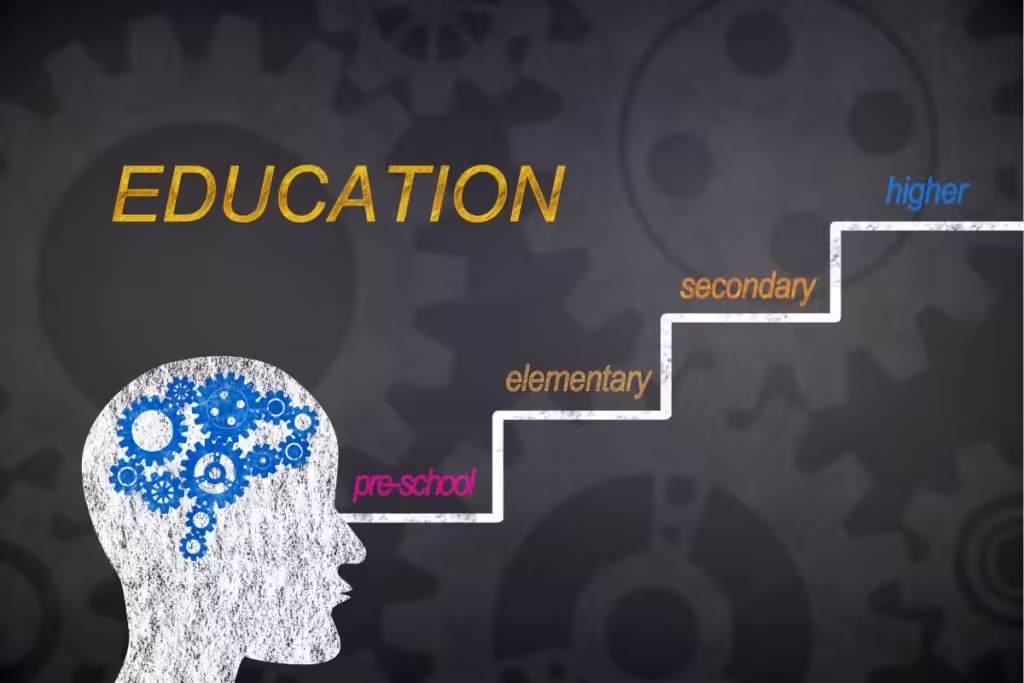Navigating the AI Frontier in Higher Education Shi
Introduction
Artificial intelligence (AI) is revolutionizing many sectors and education is no exception. This blog explores how AI is reshaping higher education, the benefits and challenges it brings, and what the future might hold. Specifically, we will delve into navigating the AI frontier in higher education shi, providing a comprehensive look at this transformative journey.

What is AI in Higher Education?
Navigating the AI frontier in higher education involves leveraging AI technologies to enhance various aspects of teaching, learning, and administrative processes within universities and colleges. This can include AI-powered tutoring systems, administrative bots that streamline operations, and sophisticated data analysis tools that drive academic research.


Benefits of AI in Higher Education
AI offers numerous advantages to the educational sector, making it a powerful tool for enhancing the education experience.
Personalized Learning
AI systems can adapt to individual students‘ needs, providing a customized learning experience. For instance, AI tutors can identify students’ weaknesses and offer targeted practice, improving learning outcomes. This customized approach guarantees that every understudy gets the help they need to succeed.
Efficient Administrative Processes
Administrative tasks like scheduling, grading, and managing student records can be automated with AI, allowing staff to focus more on teaching and mentoring students. This efficiency not only saves time but also reduces the likelihood of errors, ensuring smoother operations within educational institutions.
Enhanced Research Capabilities
AI tools can analyze large datasets quickly, aiding in academic research. This accelerates the discovery process and allows researchers to focus on more complex tasks. By handling the more mundane aspects of data analysis, AI enables researchers to make significant strides in their fields.
Accessibility
AI can support students with disabilities by offering tools such as speech-to-text for the hearing impaired and text-to-speech for the visually impaired. These tools ensure students have equal access to educational resources, fostering an inclusive learning environment.


Challenges of AI in Higher Education
Despite its benefits, navigating the AI frontier in higher education presents several challenges that institutions must address.
Data Privacy and Security
With the mix of computer-based intelligence, understudy information is gathered. Ensuring this data is protected from breaches is a significant concern. Institutions must implement robust security measures to safeguard sensitive information and maintain trust.
Cost of Implementation
Deploying AI technologies can be expensive. Not all educational institutions have the budget to invest in these advanced systems. Financial constraints can limit the widespread adoption of AI, creating disparities in access to AI-enhanced education.
Ethical Considerations
There are ethical issues surrounding AI, such as biases in AI algorithms that can lead to unfair treatment of students. It is crucial to develop and implement AI systems that are transparent, fair, and accountable to avoid exacerbating existing inequalities.
Resistance to Change
Teachers and students may be resistant to adopting new technologies. Proper training and awareness are necessary to ease this transition. Institutions must invest in professional development and change management strategies to ensure a smooth integration of AI into educational practices.
The Future of AI in Higher Education
The future of navigating the AI frontier in higher education looks promising, with continuous advancements paving the way for more innovative applications.
Smart Classrooms
Future classrooms will be equipped with AI to monitor student engagement and provide real-time feedback to instructors. These smart classrooms will enhance the learning experience by offering dynamic and interactive educational environments.
Predictive Analytics
AI will predict student performance, helping educators intervene early when students are at risk of falling behind. Predictive analytics can provide valuable insights into student behavior and academic progress, enabling timely support and intervention.
Global Learning
AI-powered platforms will facilitate global learning opportunities, connecting students and educators worldwide. These platforms will break down geographical barriers, allowing for collaborative learning experiences and the exchange of diverse perspectives.
AI-Driven Curriculum Development
AI can assist in developing curricula that are tailored to the evolving needs of the job market. By analyzing industry trends and job market demands, AI can help create educational programs that prepare students for future careers, ensuring their skills remain relevant.
Frequently Asked Questions (FAQ)
What is AI in education?
AI in education involves using artificial intelligence technologies to improve teaching, learning, and administrative processes.
How does AI personalize learning?
AI personalizes learning by adapting to each student’s needs and providing customized support and resources.
What are the difficulties of carrying out computer-based intelligence in advanced education?
Challenges include data privacy issues, high costs, ethical considerations, and resistance to change.
What is the future of AI in education?
The future of smart classrooms, predictive analytics, global learning opportunities, and AI-driven curriculum development.
Conclusion
In conclusion, navigating the AI frontier in higher education she is a transformative journey that offers numerous benefits while presenting certain challenges. As we move forward, it is crucial to address these challenges to harness the full potential of AI in transforming education for the better. With continuous advancements and a commitment to ethical implementation, AI has the potential to revolutionize higher education, creating a more personalized, efficient, and inclusive learning environment for all.
Related Posts
- Exploring Ecolab Transcription Jobs: A Complete Guide for Beginners
- Discovering AI Voice Generators for Native American Indian Languages
- Understanding the Role of a Homeless Liaison: Nebraska Department of Education
- Online Data Entry Jobs: Work from Home with Daily Payment
- Unidad Educativa Nacional Zoe Xiques Silva: Comprehensive Overview
- Unlocking Opportunities in YISD Behavioral Education Jobs
- Epic Technology Solutions: Discover Fresh Incentives Driving Business Success
- Nearby Ocean State Job Lot Stores – Find Yours
- 2 4 X Scholarship Hong Kong LPC: A Gateway to Global Education
- Education Foundation of Kenosha Golf: Building Character and Education Through Golf










































Add Comment